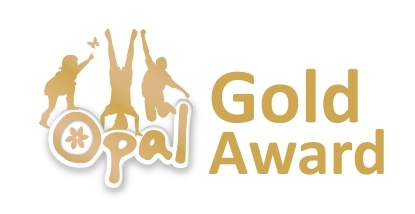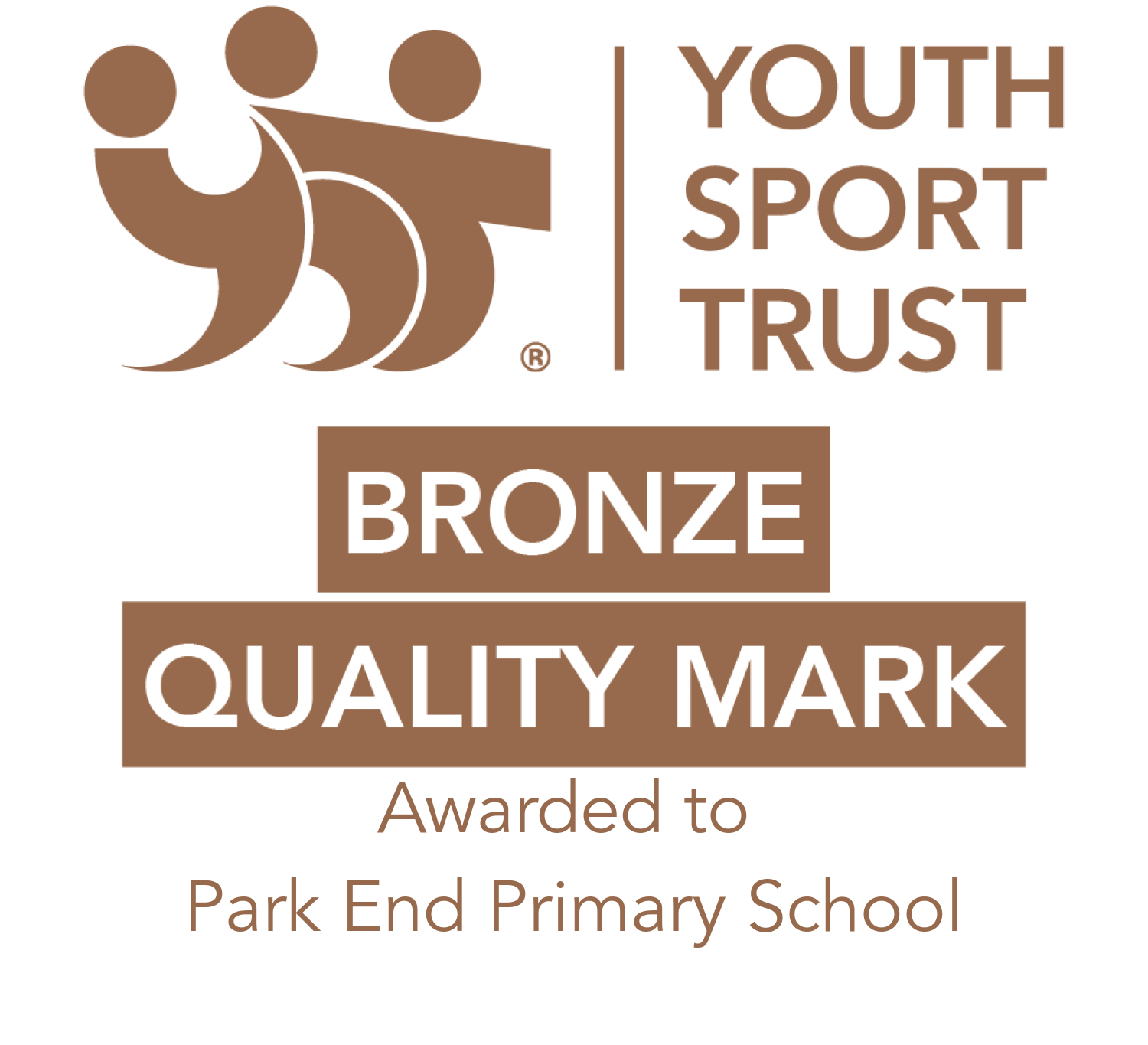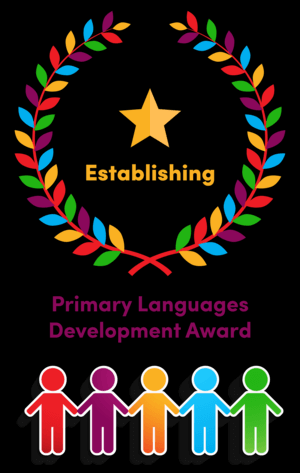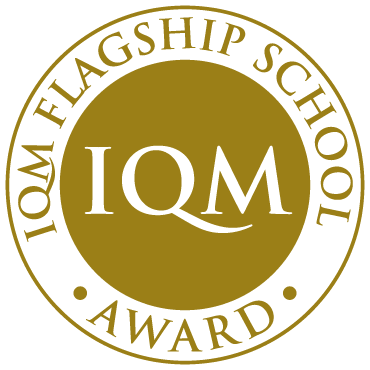Reading
“To learn to read is to light a fire; every syllable that is spelled out is a spark.”
Victor Hugo
Intent
At Park End Primary, we strive to help all pupils develop into fluent, confident readers who display a real love of books and who choose to read for pleasure and enjoyment. We are dedicated to enabling our pupils to become lifelong readers. We aim to provide children with the skills for effective decoding of words so that they can read with ease and with fluency. It is our intention that pupils will all be able to read for meaning and with understanding. As a school, we encourage pupils to read a wide variety of books that span fiction, non-fiction, different cultures and traditions, poetry and those from a rich literary heritage. We believe that reading is a key life skill and allows our pupils to develop culturally, emotionally, intellectually, socially and spiritually. It is therefore at the heart of everything we do.
Implementation
In order to achieve these goals for reading, we use a range of teaching strategies, programmes and lesson structures in the direct teaching of reading. Reading is also an integral part of our entire curriculum and is at the heart of everyday life in Park End Primary. We aim to capitalise on all opportunities for children to be reading outside of formal reading lessons. Reading is taught daily across the whole school and these lessons/sessions can take a range of structures. Teachers will adopt a range of reading lesson structures, depending on the stage and needs of pupils and how certain aspects of reading are best experienced.
EYFS – Nursery & Reception
Children in EYFS are very much at the beginning of their reading journey and much of their learning centres around holding books, knowing how to turn the pages, the conventions of the books in English and how to begin decoding. It is also where their love of reading is first ignited within school. Their reading experiences will usually take the form of Read, Write, Inc (RWI) phonics sessions; story sessions, which explore high quality texts in interactive ways; one-to-one reading with an adult; and through texts being available and promoted in the learning areas around the classrooms for the children to engage with at their own pace. Throughout the day, the children will enjoy nursery rhymes, songs and poems, which all develop key reading skills.
Key Stage 1 – Year 1 and Year 2
In Year 1, the pupils are very much at the heart of learning how to decode the sounds of the English language and how to read words that do not follow certain sound patterns. Therefore, a large proportion of their instructional reading sessions are done through RWI phonics. The children build on what they learned in the early years and progress through the more complex sounds and letter patterns.
In addition to this, the children will have engaging story sessions where they are able to explore exciting new books. During these sessions, children are able to ask and answer questions, share their opinions and ideas, build their vocabulary and gain an understanding of the text. The children will regularly read with an adult on a one-to-one basis, where they get the opportunity to explore their home reading books with support.
In Year 2, the children will participate in some RWI sessions, especially at the beginning of the year. By this point in their reading journey, the children are becoming sophisticated decoders who can apply a range of strategies when reading new words.
Year 2 children will also regularly partake in guided reading sessions. During these sessions, children will work in groups and develop their key comprehension skills. Some groups will be working with an adult, who will support and challenge their reading learning. Other groups will be working independently on a comprehension task that centres around a quality class text. The groups are rotated so that all children are given the chance to work with an adult and independently.
All children will read regularly with an adult on a one-to-one basis.
Key Stage 2 – Year 3, 4, 5 and 6
As with all other year groups, pupils in KS2 will also have the opportunity to read on a one-to-one basis with an adult.
Reading lessons for KS2 will last between 45 minutes and 1 hour, depending on the learning taking place. The most common lesson structures for KS2 are whole class reading and guided reading.
Whole class reading lessons allow all pupils to access the same texts and the same learning objectives but at their own level. Often, the teacher will work through a reading comprehension skill with the pupils first and then they will have the opportunity to apply this independently. Pupils are able to explore high-quality texts in real depth, building their vocabulary and understanding of language as they go. Teachers are able to steer the learners to investigate elements of the text that they may have missed should they have read it alone.
During a guided reading session, some pupils will be working with an adult and will all read the same text. They will explore specific aspects of the reading curriculum in depth, with the teacher supporting and challenging their understanding of what they are reading. The groups of pupils who are working independently will be applying and consolidating reading skills they have previously learned to a new text.
Impact
The impact of the teaching and learning of reading at Park End Primary will lead to lifelong readers who gain enjoyment from books and seek to use them to explore the world around them.
- We aim for our pupils to view reading as an essential life skill that opens up a world of learning in all subjects.
- Pupils will be accurate decoders who read fluently and with appropriate intonation and expression.
- We want our children to be able to select and read a wide range of genres and text types and be able to justify their choices and preferences.
- Our pupils will be able to use what they have learned within their reading journey to contribute to quality discussions within society with thoughtful and informed opinions.
- When encountering new vocabulary, children will have a range of decoding strategies and techniques for gaining an understanding of the word in context.
- Pupils will have developed a range of reading skills that help them gain a solid understanding of the texts so that they can read to learn.
- Throughout their time at Park End Primary, children will progress steadily through the book levels and bands, ensuring they are exposed to challenging texts and increasing their reading age.
- Children will apply the vocabulary and structures from their reading into their own literary work.
- The teaching and learning of reading will allow children to achieve or exceed age related expectations for their year group and/or key stage.
Reading at Home
At Park End Primary, we strive for children to continue their reading journey outside of the classroom and take that love of reading home with them. In order to do this, it is imperative that they are able to take quality books home with them.
Our EYFS children take home RWI books to support their skills of decoding and they also take copies of the Reading Spine books or much-loved picture books to foster reading for pleasure.
KS1 children also take home the appropriate RWI books and books that consolidate the phonics they have learned that week. In addition to this, KS1 children take home a reading book that follows the colour banding levelling linked to PM Benchmarking assessments.
Lower KS2 (Y3/Y4) – during this academic year (2022-23) our lower KS2 pupils will transition from the PM colour-banded reading scheme to the Accelerated Reader scheme.
Upper KS2 (Y5/Y6) children follow the Accelerated Reader scheme of reading books. At the beginning of the academic year, children complete a reading assessment on the computer program. This then generates a reading age for the child and indicates the level of book that the pupil should be reading. Children choose a book from their level, take it home to read and then, when they have finished it, they complete a comprehension quiz on the Accelerated Reader program. The children are moved onto more complex texts as they consistently score highly on their comprehension quizzes.
Reading Plus is an online reading programme which is used by all of our KS2 children. Reading Plus helps increase children’s reading speed, their acquisition of vocabulary and their reading comprehension, moving them through the levels as the pupil makes progress.
Reading for Pleasure
The most important thing about reading is that our children enjoy it. A love of reading is at the heart of school life. There are lots of ways in which this happens in school. Here, we describe just a few. To help us foster this enjoyment, we ensure we have the best books available for all children.
Our Reading Spine library (both communal and in classrooms) features books recommended by an expert – Pie Corbett. Each year group has a set of books that cover different styles, topics and genres and children are encouraged to read, or have read to them, all of the books for their year group. Children can record their journey through the Reading Spine and will have read approximately 100 books from Acorns – Year 6.
Reading events, such as World Book Day, are also great examples of fostering a love of reading. All of our teachers and pupils participate in these events wholeheartedly, showing a true enjoyment of all things book-related!
Outdoor reading areas, such as our brand new reading sheds, allow our pupils to spend their break times reading for pleasure. The children can see that reading is not just for the classroom and can be thoroughly enjoyed in your free time with your friends.
Useful Documents / Websites
More information about RWI phonics can be found at:
https://home.oxfordowl.co.uk/reading/reading-schemes-oxford-levels/read-write-inc-phonics-guide/
https://www.ruthmiskin.com/en/programmes/phonics/












